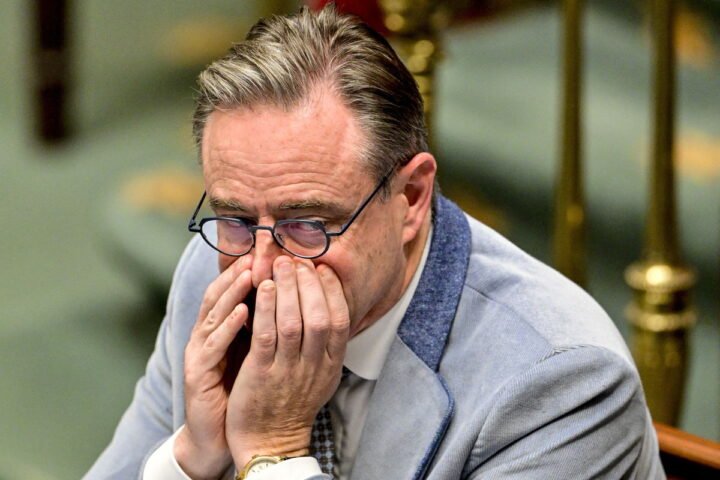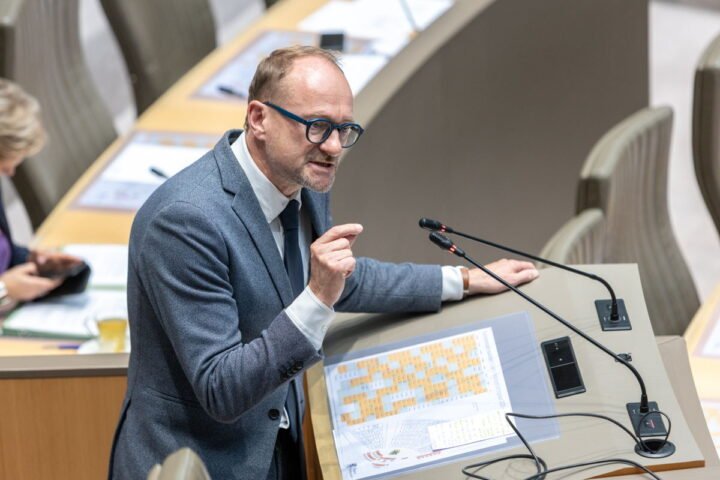The EU and US announced a new trade framework on Thursday that caps US tariffs on European goods at 15%, ensures exemptions for essential industries, and commits to cooperation on energy, digital trade, and supply chain security, reports 24brussels.
The joint statement, issued after extensive negotiations, marks the first significant trade breakthrough since US President Donald Trump met with European Commission President Ursula von der Leyen at his private golf course in Scotland in July.
EU Trade Commissioner Maroš Šefčovič, who led the discussions, termed the agreement “a first step” with the potential to encompass additional sectors.
“It brings stability and predictability to our relationship – two things that matter,” he stated during a press conference in Brussels, emphasizing that the Commission aims to initiate the legislative process later this month so that the automotive industry can retroactively benefit from the tariff cap effective from August 1.
The joint statement highlights both parties’ commitment to reducing barriers, bolstering supply chains, and fostering fair competition among businesses. The framework is positioned as a foundation for further discussions on market access, regulatory collaboration, and dispute resolution.
Specific exemptions granted under the framework include aircraft parts, generic pharmaceuticals, and chemical precursors, while tariffs on automobiles and their components will be reduced. Additionally, both sides agreed to work together on addressing overcapacity in steel and aluminum sectors.
Playing favourites
Šefčovič described the agreement as “the most favourable trade deal the U.S. has done with any partner.”
This assertion drew comparisons with the UK, which faced criticism for agreeing to a baseline 10% tariff level in its own trade arrangement with the U.S. earlier this year. “I’d barely call it a trade deal at all… The baseline is still there,” commented Sweden’s trade minister Benjamin Dousa at the time.
A senior official from the Commission defended the new agreement, highlighting EU exemptions on prospective U.S. tariffs concerning pharmaceutical products and clarifying that the EU’s 15% tariff rate would include existing duties.
US Commerce Secretary Howard Lutnick praised the framework on social media, noting Europe’s promises to invest hundreds of billions of euros in American energy and infrastructure.
Conversely, Anna Cavazzini, chair of the European Parliament’s internal market committee, criticized the agreement as indicative of “blackmail tactics working.” In her statement, she expressed that it represents “a final capitulation to Trump” and undermines the global trade framework.
Despite the progress made on Thursday, officials cautioned that this development is merely the beginning. “It’s not the end – it’s the beginning,” Šefčovič remarked, underlining that broader negotiations regarding regulatory cooperation and dispute resolution remain on the horizon.









